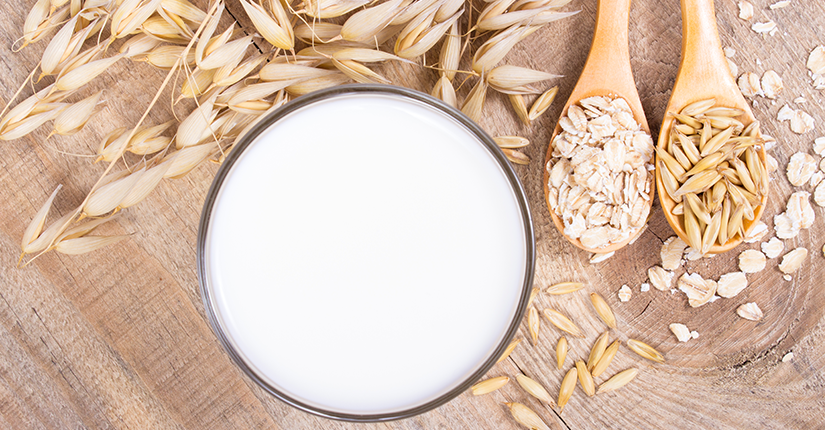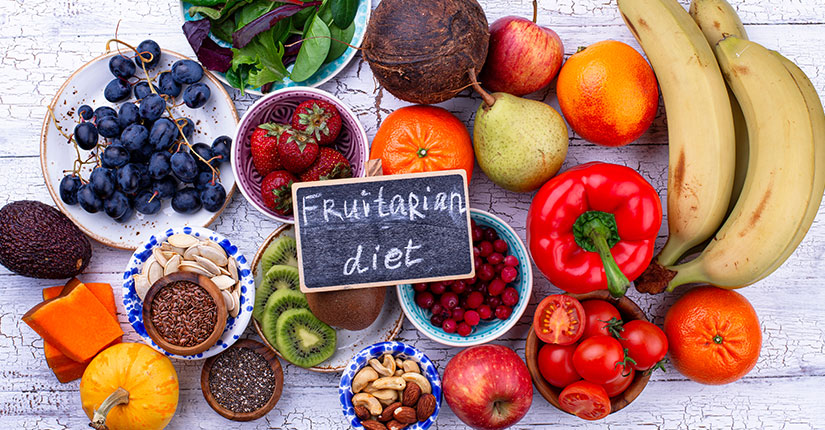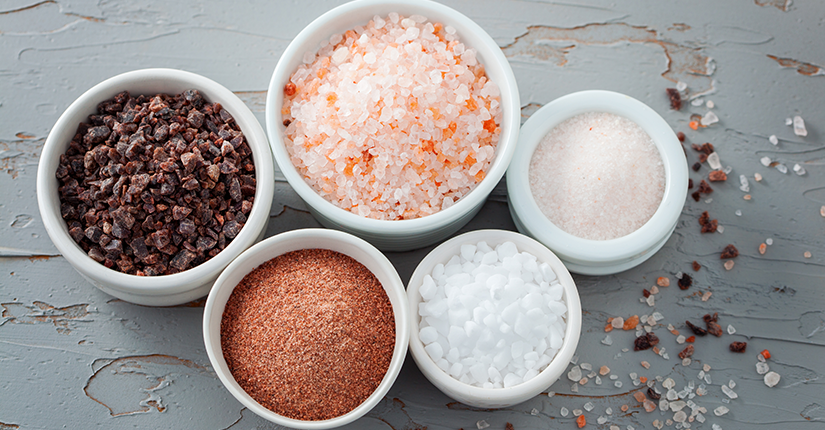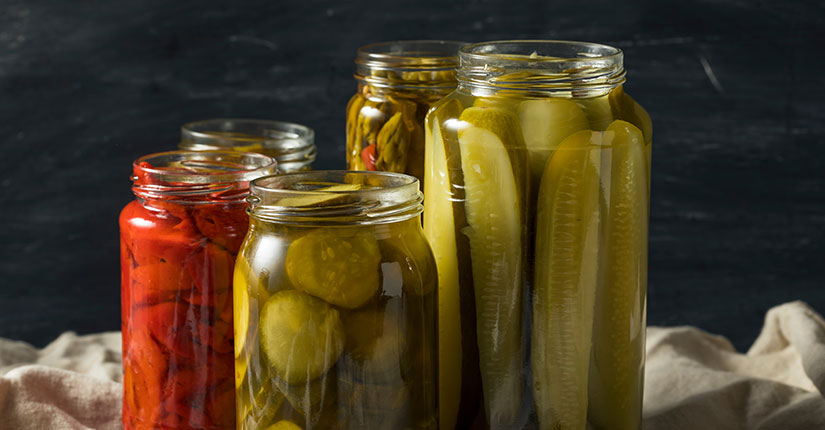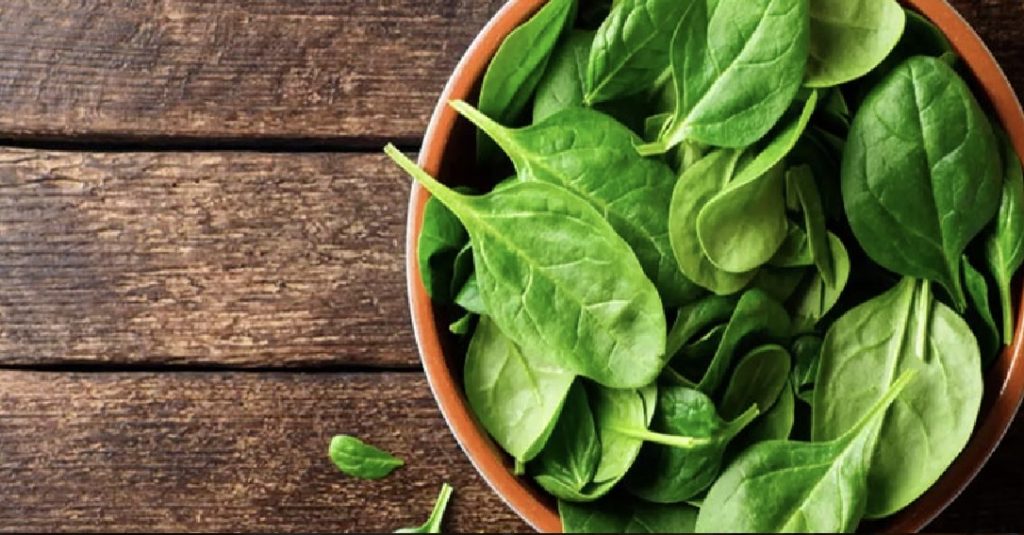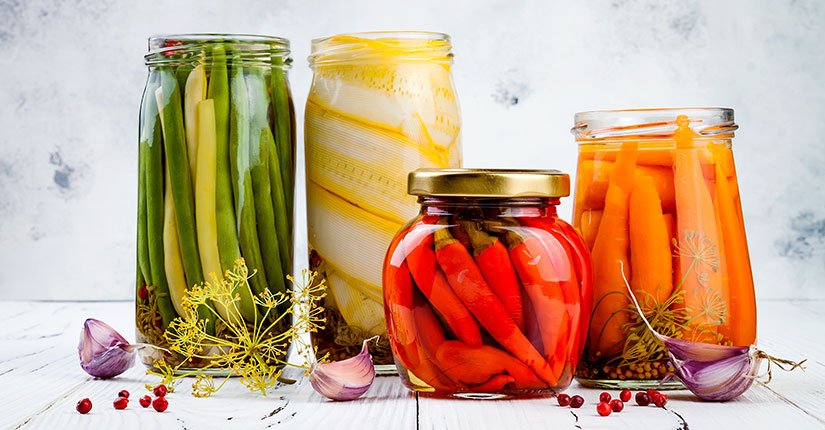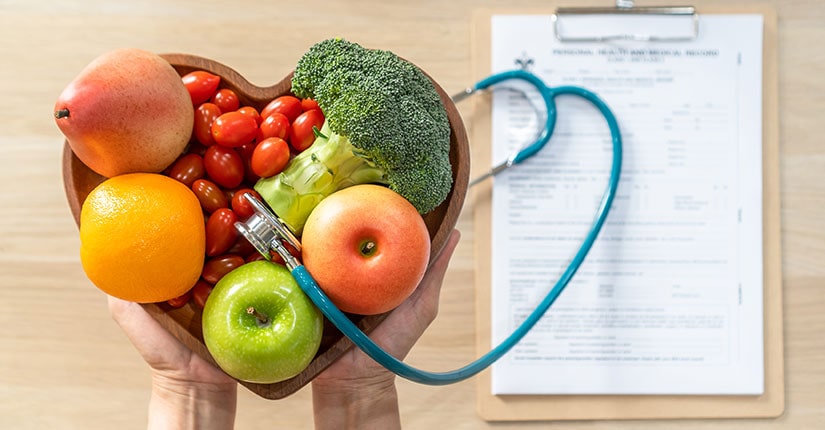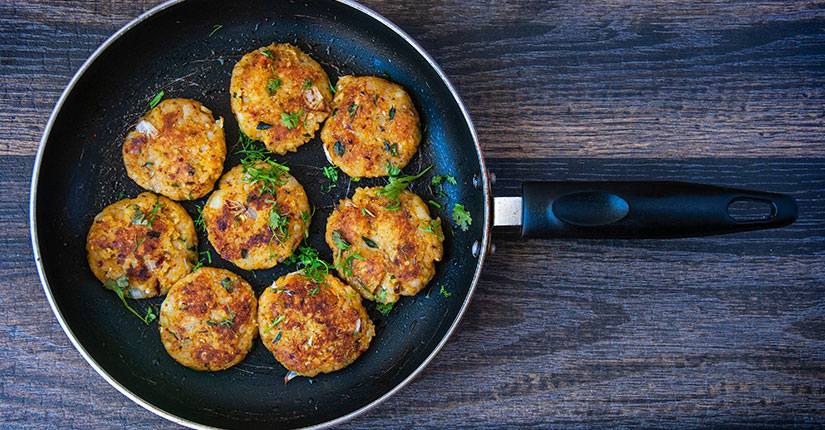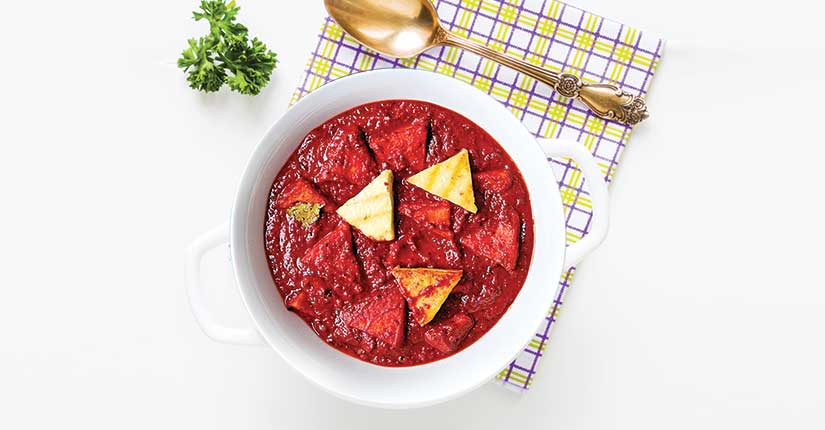Minimising food waste: 4 ways to prevent any part of the food from going to the bin
By Nmami Agarwal 31-May 2023 Reading Time: 4 Mins
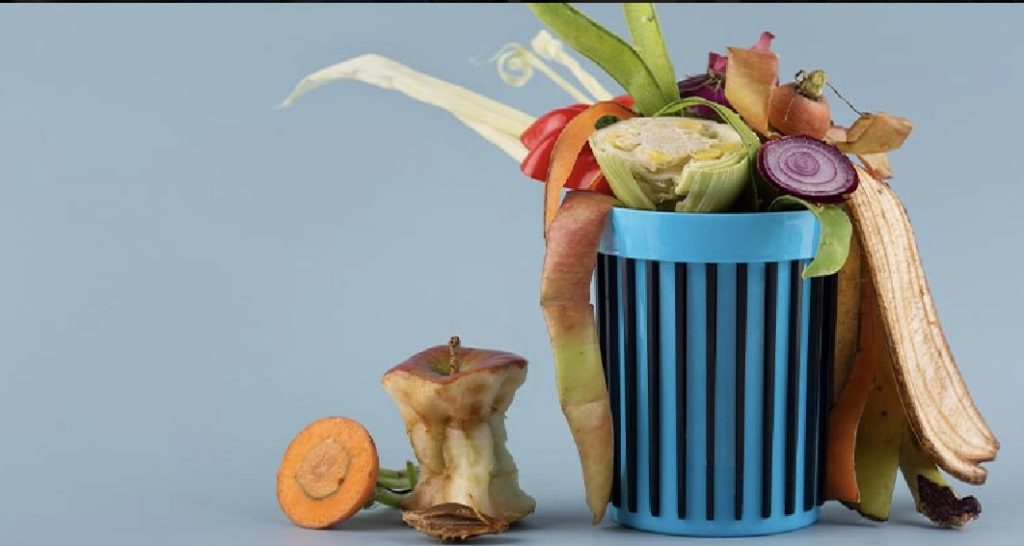
Food waste occurs along the entire spectrum of production, from the farm to distribution to retailers to the consumer. Reasons include losses from mould, pests, or inadequate climate control; losses from cooking etc.
For most people globally, buying food more than necessary at the marketplace, letting fruits and vegetables spoil at home or taking larger portions than one can eat has become a habit.
These habits strain our natural resources and damage our environment to a large extent. When food is wasted, labour, effort, investment and precious resources (like water, seeds, feed, etc.) that go into producing it, including the resources that go into transporting and processing it go in vain. In other words, wasted food increases greenhouse gas emissions thus contributing to climate change.
It’s a big problem. Worldwide, tonnes of edible food are lost or wasted every day. It is surprising to note that around 14 per cent of all food produced globally is lost between harvest and retail alone.
The part wasted at the consumer or retail level is referred to as food waste. It’s the responsibility of each individual to reduce food loss in a world where millions of people go hungry every day.
Following are some simple actions one can take to reconnect to food and reduce food waste:
- Adopting a healthier, more sustainable diet:
Life is fast-paced and preparing nutritious meals can be a challenge, but healthy meals don’t have to be elaborate. One can prepare & consume easy & quick recipes like vegetable dumplings,upma,poha,multigrain rotis(without seiving thus retaining fibre & avoiding food waste).
- Buy only what you need:
It’s very important to plan your meals. Make a shopping list and stick to it, and avoid impulsive buying. This will help to reduce food waste as well as save you money.
- Pick ugly fruit and vegetables:
As it is rightly said, don’t judge a book by its cover, it goes the same with the food. One should not decide the quality of food based on its appearance. Overripe or bruised fruits and vegetables are often thrown away because they don’t meet arbitrary cosmetic standards when they actually taste the same as their contemporary versions. You can use mature fruit for smoothies, juices and desserts.
- Store food wisely: Follow FIFO(first in first out) rule where the older stock of the products is moved to the front of the cupboard or fridge and new ones are put at the back. Use airtight containers to keep open food fresh in the fridge and ensure packets are closed to stop insects from getting in.
- Put your food waste to use:
Instead of throwing away your food scraps, it’s better to compost them. In such a way you are providing nutrients back to the soil and reducing your carbon footprint.
These kinds of little changes in your daily habits can make a huge global impact. Take action. Stop food loss and waste for the people and for the planet.

